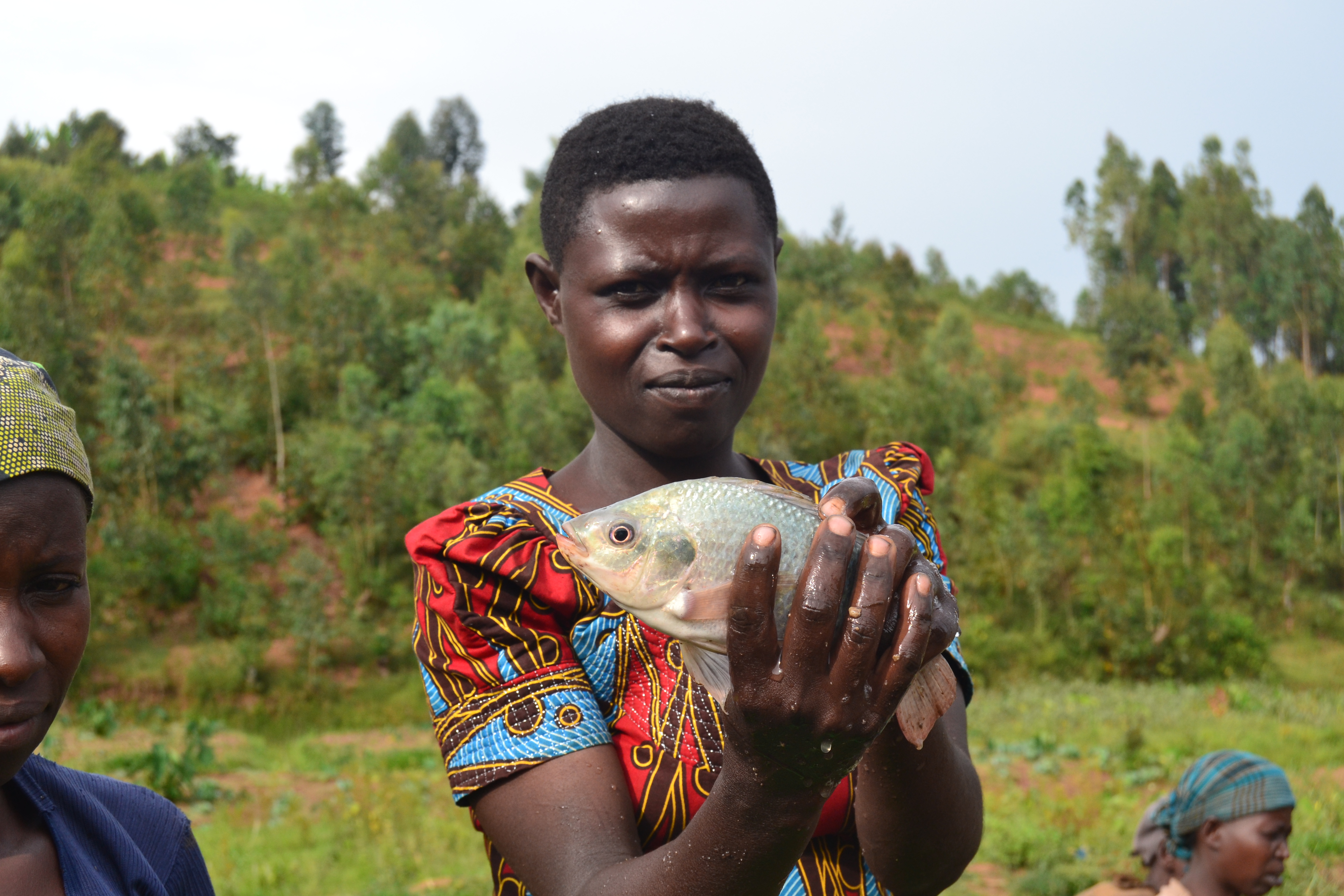January 11, 2019: Departure Day
This is a day I had only dreamed of two years ago. I was about to embark on a reporting adventure I'd never experienced before. Two years ago, I came up with a story idea to report on the transformation of women's rights in Rwanda. While en route to Kigali from Amsterdam, it's finally hitting me that all these months of heavy research, phone calls, and preparation would pay off. And it's a good feeling.
Many people have asked me why I chose Rwanda. I remember watching the movie "Hotel Rwanda" my sophomore year of high school. That was what initially sparked a curiosity about what happened after the genocide. As I got to college, I started to ask more questions. What's going on in Rwanda right now? What growth has it seen and what challenges is it still facing in terms of development? Why did it seem like the media left right after the genocide? It was a country, like many within Africa, where stories were left underreported.
I do not know what to expect. Part of me worries it may not go as well as I hope. Another part stresses over logistics and travel. And another part worries the time will go too fast. And then there's the part of me that's beaming with excitement. The only thing I know is that whether all goes well or not, it will be a transformative experience.
January 17, 2019: A Morning out on Lake Kivu
The landscape of Rwanda is breathtaking. The greenery of the hills and fields are blinding—its nickname "the land of a thousand hills" is very fitting.
Most of the interviews took place outside Kigali and required long drives through the country, leaving us exhausted, yet fulfilled at the day's end. One of the regions I remember most is Rubavu, a district in the West. My friend Theo and I spent the night in a hotel along Lake Kivu, which lies between the Congo and Rwanda. That next morning, we woke up at sunrise to meet with women from the COOPPAVI cooperative, an almost all-female fishing business.
I expected to stay put on the shoreline to film the boats returning from a night of fishing, until I was asked if I wanted to go out on the boat with some of the co-op members. I jumped at the opportunity with my large video camera and photo camera in tow.
I spent the next hour either hopping between boats to get the perfect shots or rowing the boat. My new friend Sauda Mukamusoni, the co-op's former president, sat beside me and handed me a paddle. Since I didn't speak Kinyarwanda, I had no idea what she was saying without a translator, nor did she understand what I was saying. But the language barrier didn't matter. It's amazing how one can develop such meaningful relationships when the languages are so different from each other. At one point, one member of the co-op broke out into song. It seemed to echo across the lake as other fishermen and fisherwomen on surrounding boats joined in.
After disembarking the boats, I followed the women to the market, where they spend their afternoons selling their fish. The first thing I noticed on the shore as they measure the buckets of fish is that everyone around me is female, with only a couple of men lingering behind us. I could see these women felt a lot of pride in that.
By the end of the day, I found myself badly sunburned (sorry mom!) and exhausted. But it was so worth it.
January 23, 2019: Building Relationships
Over these past two weeks, I've gotten to visit a lot of agriculture cooperatives either entirely led by women or predominantly female-run. On one of the last days in Rwanda, I visited a coffee cooperative and met some of the women who ran it. One of those women, Therese Nyirangwabije, happened to be Rwandan Prime Minister Edouard Ngirente's sister. I wasn't aware of this until we sat down for a cup of coffee and Theopiste, one of the people who helped connect us with cooperative leaders, whispered, "That's the prime minister's sister!" So there I was, along with Theopiste, Theo, our friend Florence, another co-op member, and the prime minister's sister, casually enjoying a cup of Rwandan coffee.
One of the most important things a reporter can do is develop relationships with sources—not just for the purpose of getting the story done by the deadline and not just for getting the content you want, but for the purpose of forming intentional connections. As a relationship-oriented individual, this was the precedent I set for myself before arriving in Rwanda, and what I strive for on any reporting assignment. I knew I didn't want to just be in Rwanda for two weeks and then pack up and leave. I wanted to make lasting relationships and build trust. Oftentimes I would visit locations a day in advance without the cameras just to start building those connections. I did not want to be another reporter who arrives on assignment and then leaves. I was there to stay, and to listen.








